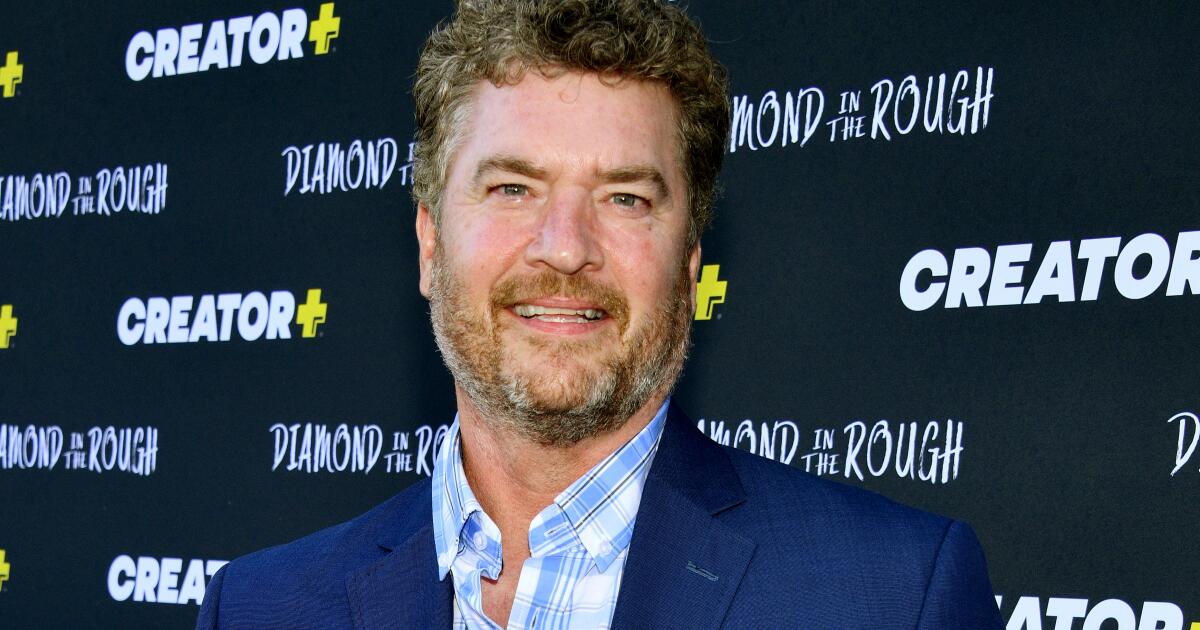I went into Joker: Folie à Deux with such an open mind, ladies and gentlemen. After all, while I didn’t particularly like Joker, I found it to be pretty effective at what it set out to do. The film was doing something I didn’t care for, but it was achieving its goals. The musical element here, the trailers, it all pointed to doing something bold and different, which I more than appreciate. Alas, the movie we ended up with is dreadful and a complete slog. This is, without question, one of 2024’s cinematic lowlights.
Joker: Folie à Deux is awful. It’s not interesting in the slightest, overstays its welcome by nearly an hour, and leaves you in a terrible place. The success of the first film enabled the sequel to more or less go anywhere the creative process could take it. The fact that this is the movie that resulted is almost mind-boggling. Aside from solid technical work behind the camera and a nice performance or two, there’s absolutely nothing here.
 Warner Bros.
Warner Bros.In the aftermath of the first film, Arthur Fleck/Joker (Joaquin Phoenix) is locked up in Arkham and awaiting a competency hearing before his murder trial. Escorted by the guards (including Brendan Gleeson) to his lawyer (Catherine Keener) in a minimum security wing, Arthur catches a glimpse of Lee Quinzel (Lady Gaga) in a music therapy class. He’s smitten, and when he’s allowed to take the class for good behavior, Lee is just as interested in him. Their relationship flourishes in musical interludes, while those around them debate if Arthur is mentally ill or just a monster.
Declared competent to stand trial, Arthur is more concerned initially with Lee having a good seat than what the case against him is. Lee has a plan for them both, which he goes along with, but as the trial proceeds, his lawyer argues that the separate Joker persona is to blame, while prosecutor Harvey Dent (Harry Lawtey) argues that Arthur is nothing more than a barbaric monster. How this all resolves I won’t spoil, but it’s deeply unsatisfying, actually building to a final moment that isn’t just awful, but could very well be insulting to fans.
 Warner Bros.
Warner Bros.Joaquin Phoenix and Lady Gaga are the least of the issues here, though neither gets much of a showcase. Phoenix is far more passive of a character here, only coming alive during the musical numbers. Gaga has a very underwritten Harley Quinn interpretation to play with, and while she gives it her all, no one could save the character. Her sining is a highlight, at least. The pair have no chemistry, so the “love story” is never believable. It’s actually depressing to see Brendan Gleeson and Catherine Keener given this little to do. It’s nice that they presumably got paid handsomely, but it’s criminal to neglect their talents. In addition to Harry Lawtey, the supporting cast includes returning players Zazie Beetz and Leigh Gill, as well as newcomers like Steve Coogan (wasted as well), Ken Leung, Jacob Lofland, and Sharon Washington.
Filmmaker Todd Phillips actively torpedoes good returning technical work from cinematographer Lawrence Sher and composer Hildur Guðnadóttir, which is a real shame. Last time, with Joker, you left with the sense that Phillips and co-writer Scott Silver had seen The King of Comedy and Taxi Driver growing up, if not the sense that they fully got the point of those flicks. Joker: Folie à Deux makes Joker actually seem like The King of Comedy and Taxi Driver, by comparison. The musical numbers are bland and forgettable, the plot is threadbare, and the pacing nonexistent. Phillips’ direction lacks any sense of forward momentum, so by the time you reach the atrocious ending that he and Silver have cooked up, you’re long past the point of caring in the slightest.
 Warner Bros.
Warner Bros.Don’t expect the same type of awards attention this time around. I’d be very surprise for any above the line Oscar nominations, given the miserable lack of quality on display. Now, below the line, Guðnadóttir could once again be a factor in Best Original Score, while something like Best Production Design wouldn’t be crazy. Regardless, this flick will not be an Academy Award juggernaut, mark my words.
Joker: Folie à Deux is one of the worst films of the year, full stop. Fans of the first movie will be flummoxed by the choices made here, while anyone not previously on board won’t see anything worthwhile within. I hated nearly every moment of this film, which is something I rarely say. See it if you like and decide for yourself, but I never want to even think of this dreck ever again. Yuck.
SCORE: ★1/2










































